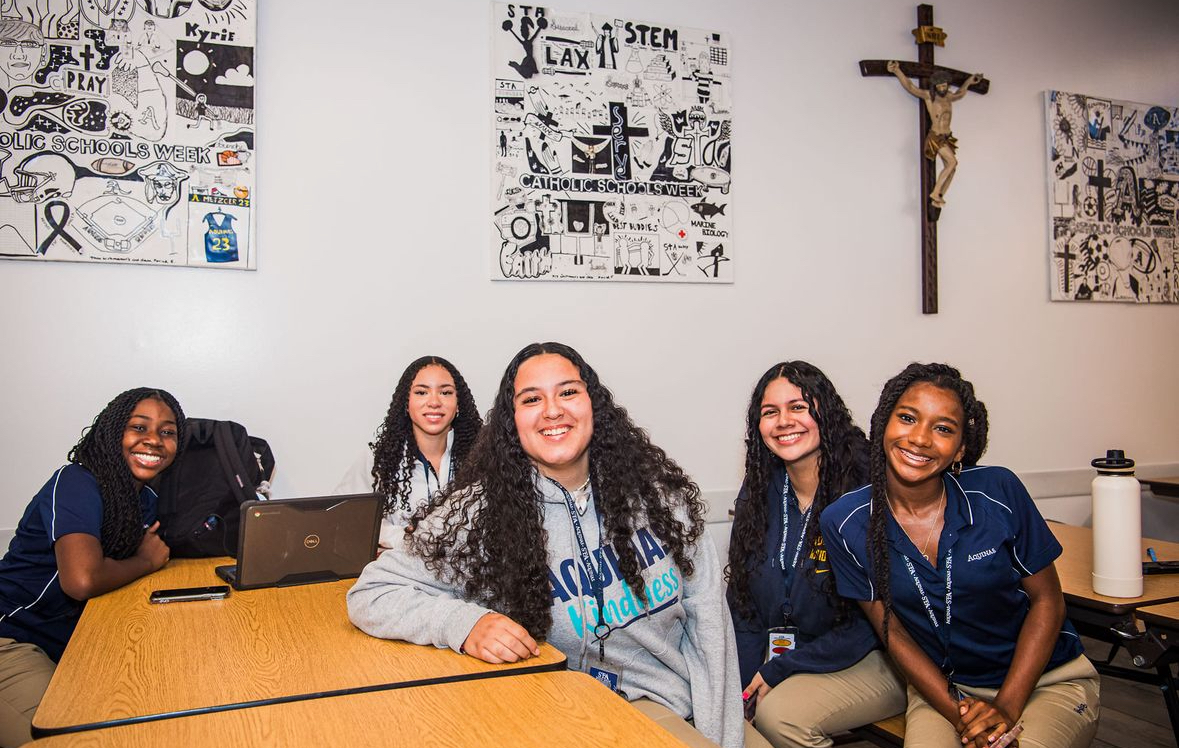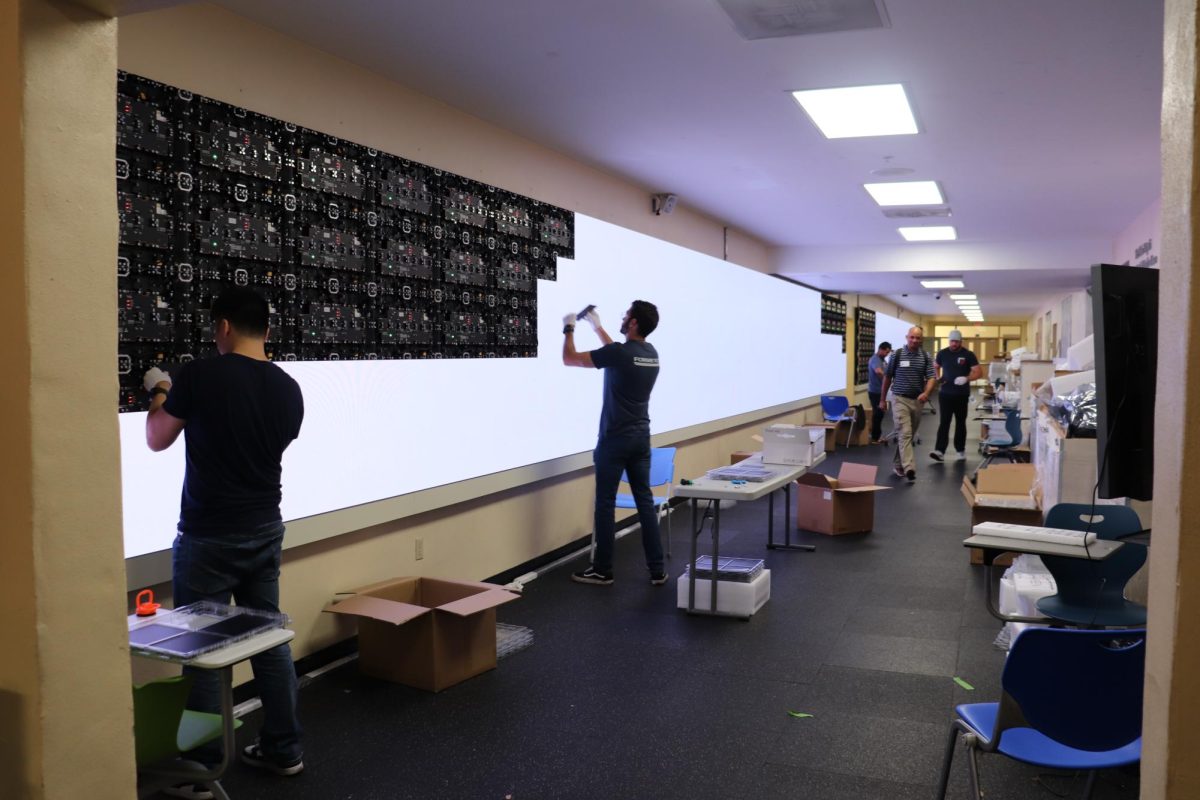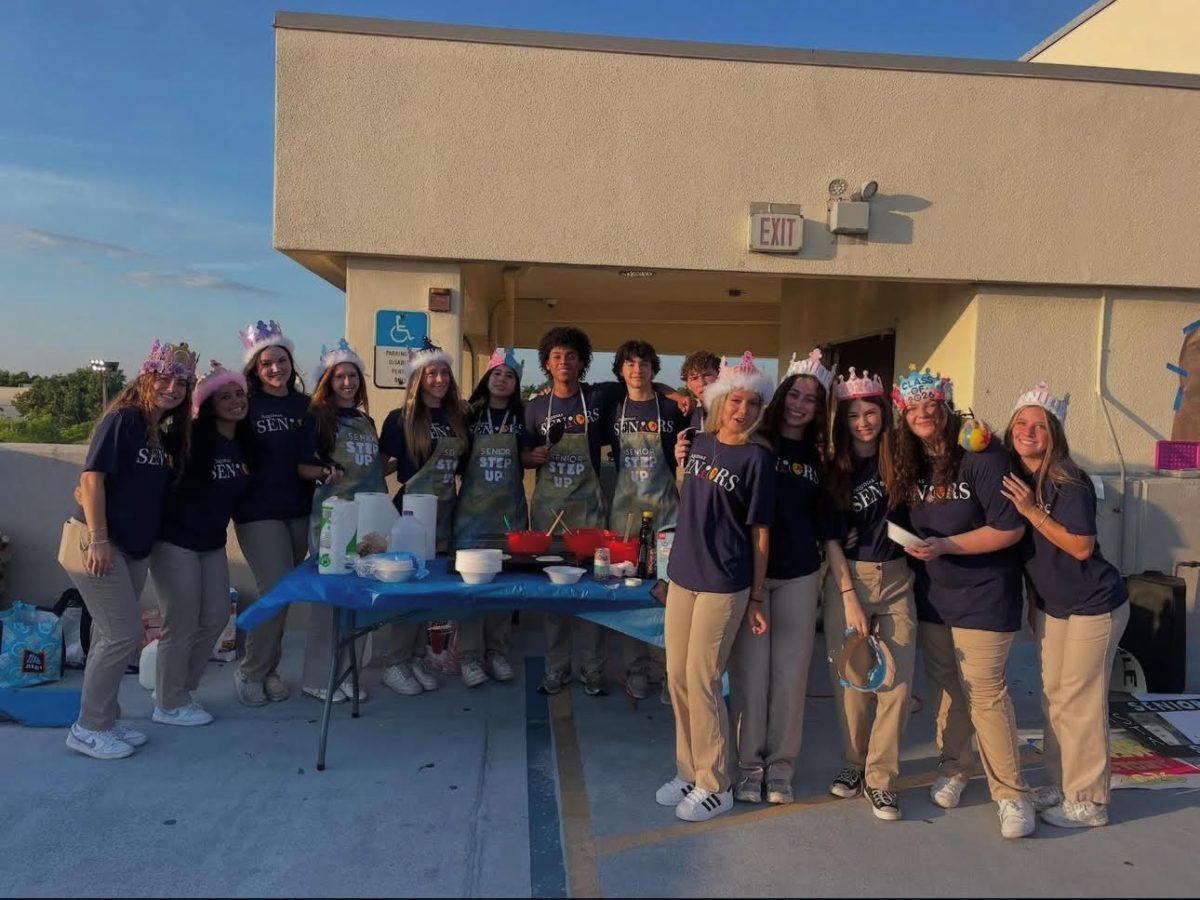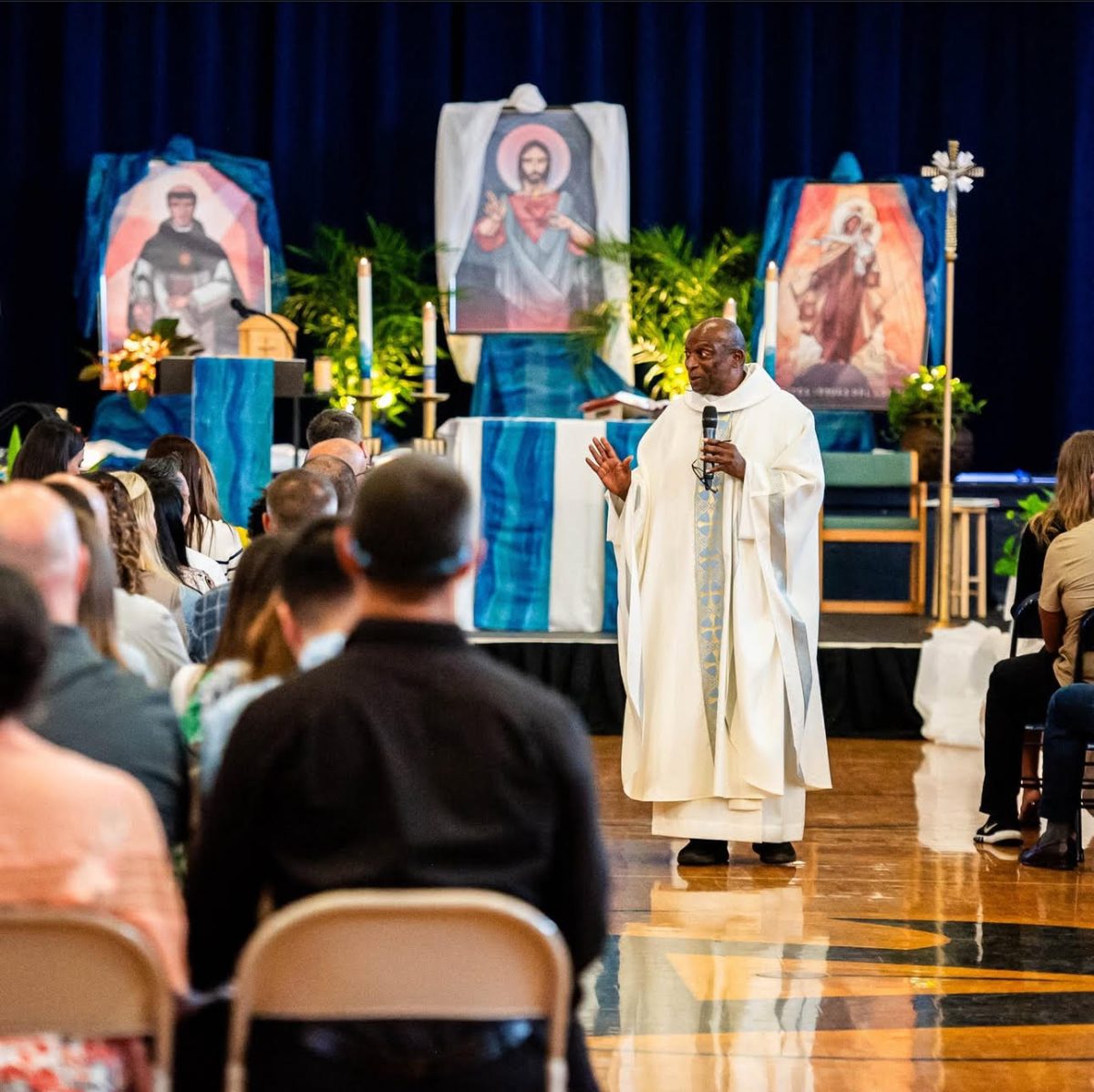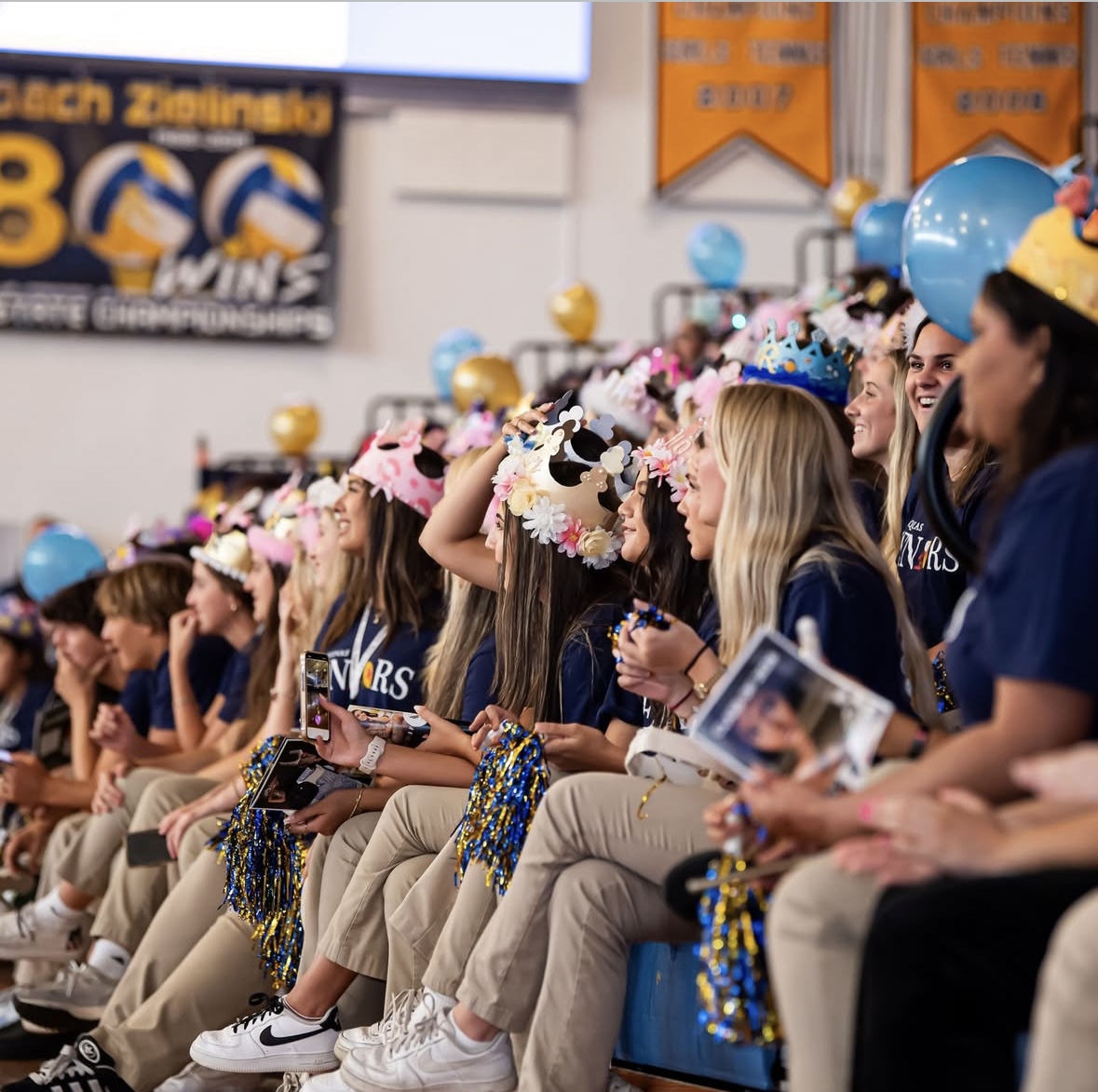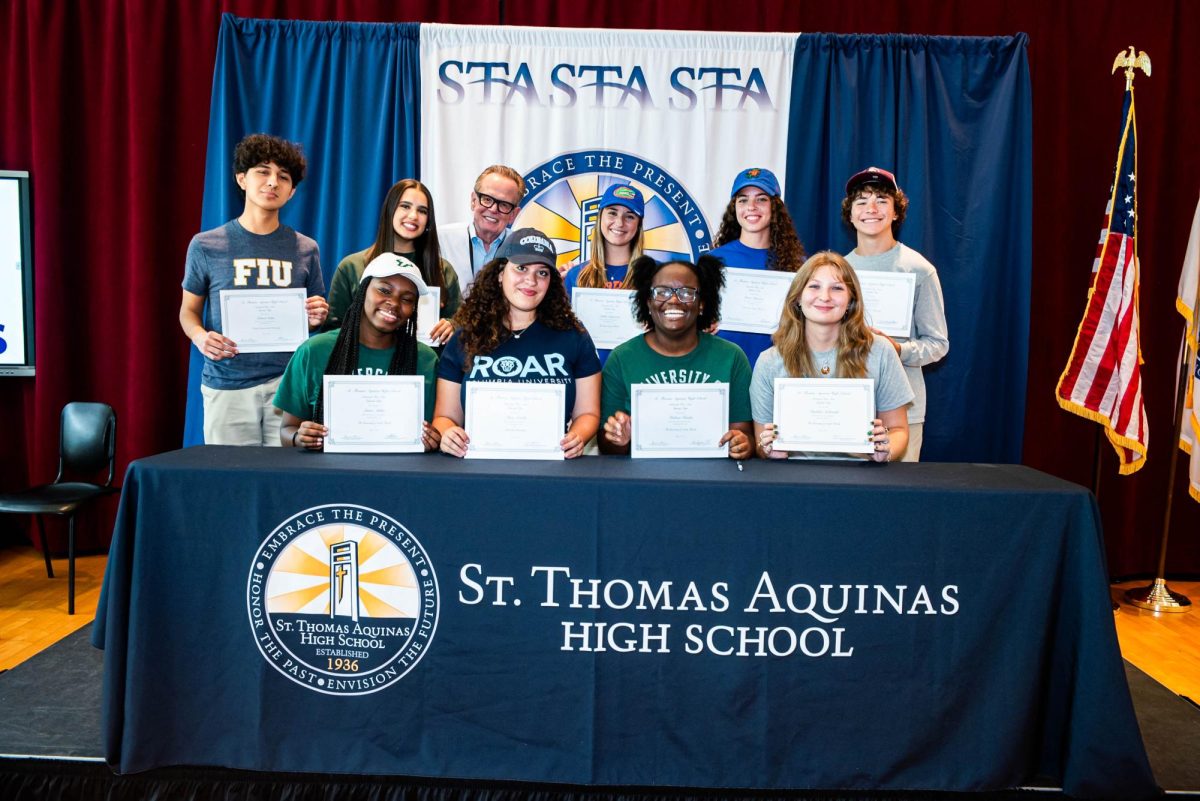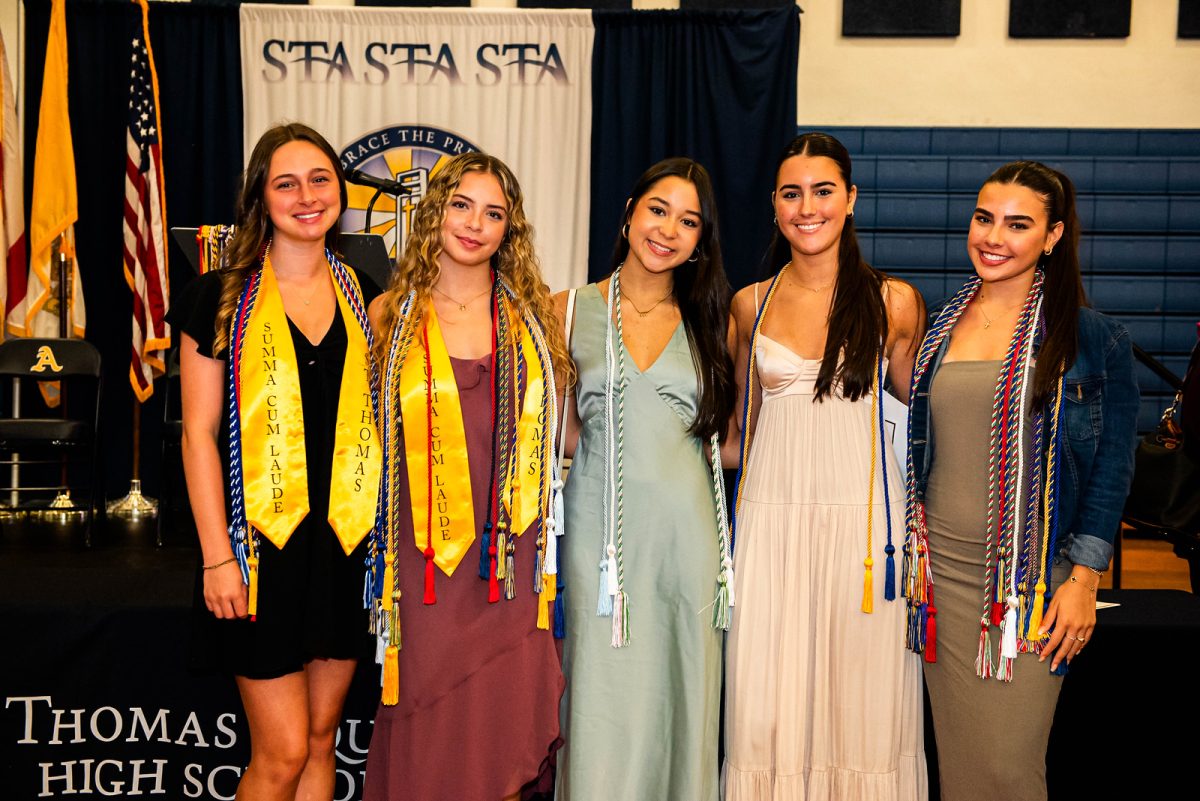Have you ever felt ignored or had a hard time communicating correctly with your teachers and peers? In today’s world, communication is the key to success in any learning environment. Building strong communication skills will set you up for success in the future. Creating a positive and supportive learning environment is the goal for everyone in their academic years. At times, we can deal with conflict, but need to find ways to resolve conflict easily and smoothly. For example, being understanding and having an open mind will allow you to gain concepts properly and more efficiently. Here are some procedures you can use to improve how you communicate with peers and teachers.
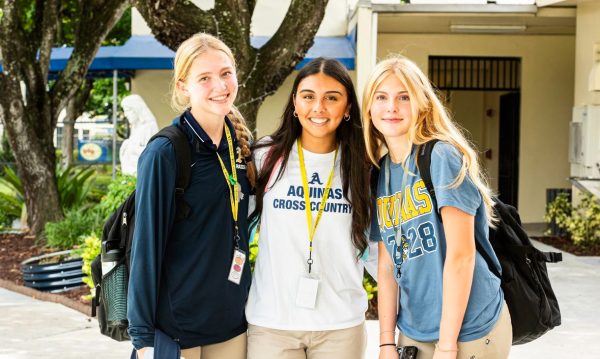
First, when having a conversation with your peers, be an active listener. An active listener is listening when you not only hear what someone is saying, but are also focused on their thoughts and feelings. For example, if you’re in a group project discussing a topic, be open to knowing your group members’ perspectives and thoughts on the topic. Responding to your peers shows that you’re engaged in the conversation. Try to avoid talking over someone or interrupting when a peer is trying to communicate their ideas. Being engaged in what your peers are saying is crucial when having a conversation. It ensures them that they got their point across and that you are an active listener.
Practice speaking clearly and briefly when having a conversation with your teachers. Teachers usually have busy schedules, so being patient and respectful is important when communicating with them. Be open with your teachers if you don’t understand something. Being open will give you the opportunity to understand the topic and have better communication with your teachers. Going over a specific topic with your teachers will show them that you’re trying. Showing empathy is important whether you’re interacting with a teacher or a peer. Understanding the information they are sharing and listening to their point of view is a sign of respect. For example, empathy can be shown by understanding and respecting the challenges teachers face on a daily basis, such as managing students, time, and schedules.
Being non-verbal with teachers and peers can have a negative effect on you and your environment. Not showing interest or lack of communication skills can make it difficult for your future self. Body language is important when communicating with teachers; for example, sitting quietly and respectfully can show that you are ready to learn. Using an appropriate tone of voice is crucial when talking with teachers. Speaking maturely will show that you have good communication skills. Maintaining eye contact and nodding your head will let the teacher know you are listening and understanding.
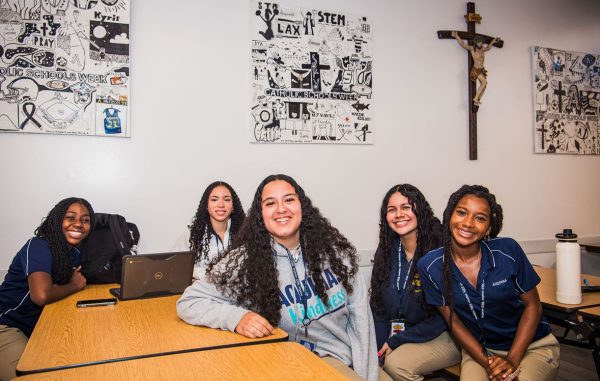
Enhancing better communication with your teacher and peers requires being an active listener, having empathy, and showing acknowledgement. Being open to feedback and learning from others will help you grow as a better communicator. Practicing these skills will help you have a better understanding of what you’re trying to learn and build from. Building a strong relationship with your teachers and peers shows that you are willing to go the extra mile. Having a well-built connection will allow you to create a collaborative and positive learning space.


